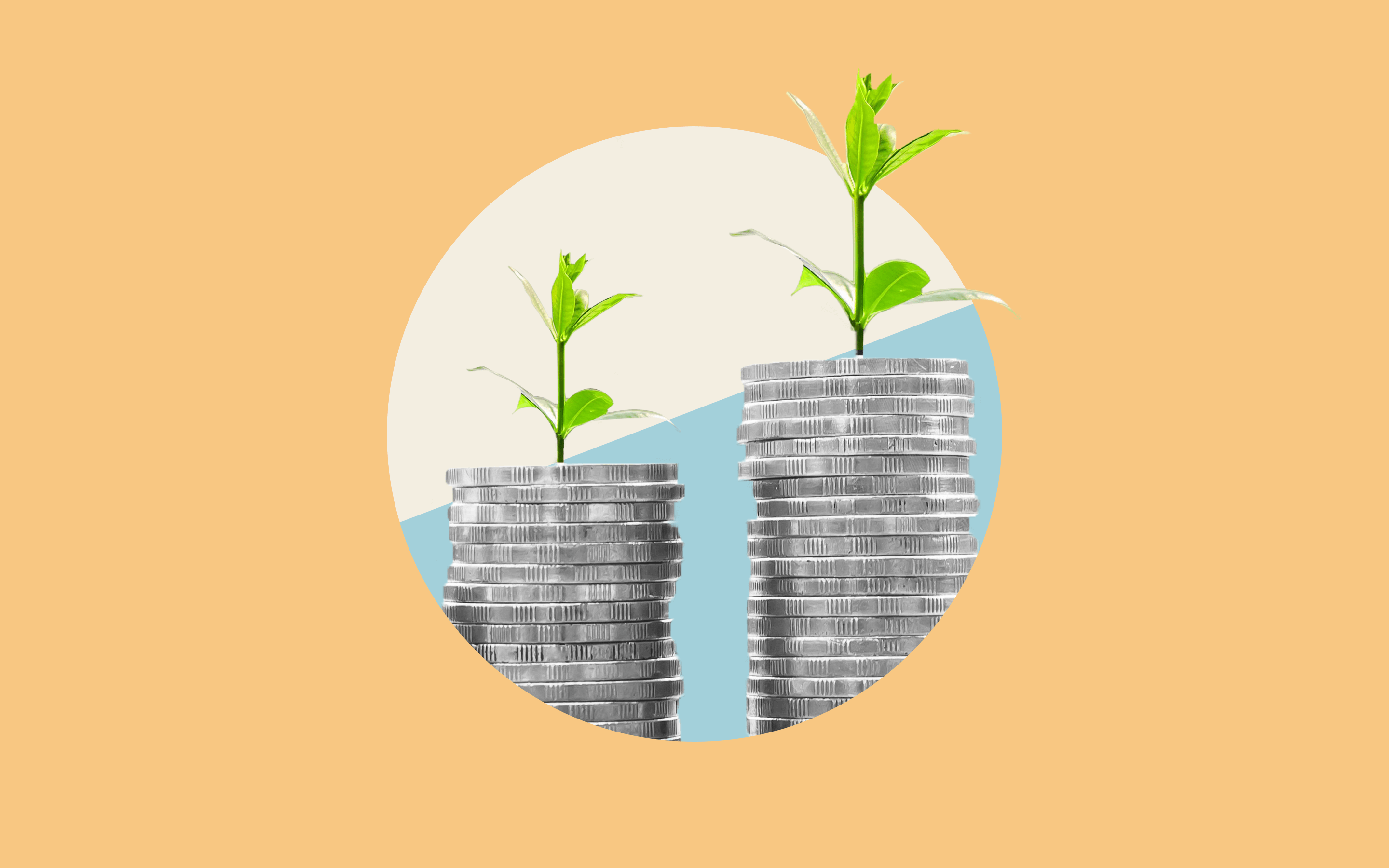Is it possible to invest ethically and generate a solid financial return at the same time? Does socially responsible investing make financial sense?
The results are in, and it’s a resounding “yes!” from the world’s leading research institutions such as Harvard and the Wharton School at the University of Pennsylvania – as well as industry heavyweights including Morgan Stanley and the Royal Bank of Canada.
Before we dive into the details, here are some key findings that set the scene:
- In the grand majority of cases, socially responsible investing (SRI) criteria have no negative impact on risk or return.
- Responsible investments regularly outperform conventional strategies.
- 91% of impact investors say they generated returns that met or exceeded expectation.
Socially responsible investment performance
A study by Morgan Stanley concludes that 75% of investors are interested in ethical funds. And for good reason, too: more and more studies are showing how powerful responsible investing can be – for people, planet and profit.
One substantial review by the Royal Bank of Canada found that, looking at more than 40 major studies, there was no evidence that socially responsible investing resulted in lower investment returns. The review’s authors concluded:
This is an important finding because it provides support to individual investors and trustees of institutional funds that they can pursue a program of socially responsible investing with the expectation that investment returns will be similar to traditional investment options.
This sentiment was echoed by the GIIN’s (Global Impact Investing Network) 2017 Annual Impact Investor Survey, which canvased professional investors who manage impact investment strategies on behalf of clients. It found the majority of respondents achieved market-rate returns, and 91% were achieving financial returns that met or exceeded their professional expectations.
Researchers at the Wharton School at the University of Pennsylvania were also able to debunk the myth that market-rate returns are incompatible with socially responsible investing. This study is particularly interesting, as it examined the links between the success of the social impact and the financial success of an investment. In the end, the researchers found no evidence that ethical investment leads to lesser financial returns. In fact, the returns of the samples studied achieved returns at or near the overall market.
Harvard University is on board, too: This meta-study on SRI investment strategies also determined that applying socially responsible criteria to assess funds has no negative impact on the risk-return ratio. Why? Because such criteria can actually become internal business drivers in the long run. In turn, this keeps your investment future-proof.
There are countless other studies that prove the same thing: responsible returns aren’t just about the cause they are supporting. Socially responsible investing makes financial sense.
And in upcoming years, the balance could tilt even more in favour of responsible investing.
The Importance of avoiding stranded assets
This brings us to one of the most important points on sustainable investment strategies: the importance of avoiding stranded assets.
Introduced by the Carbon Tracker Initiative, this term refers to investments that were once valuable but could become worthless because the ‘value’ is threatened by changing regulations, changing environmental factors, and changing preferences as the world moves towards environmentally friendly practices.
For instance, an oil company might have drilling rights for a large reservoir in the Arctic. These drilling rights are very valuable and therefore increase the company’s stock price. However, they might constitute a stranded asset that’s vulnerable on three fronts:
| Regulatory stranding | Changes in policy or legislation | The government introduces new climate change laws or decides not to extend the drilling licence. In extreme cases, the licence could be taken away. | ||
| Economic stranding | Changes in prices or demand | Oil prices get so low that it’s no longer profitable to drill (consider that renewable energy now competes with fossil fuels on price, which is already putting downward pressure on oil prices). | ||
| Physical stranding | Due to environmental factors | Access to the oil becomes more difficult than expected. In other industries, floods and droughts can also cause physical stranding. |
In any of these scenarios, the value of this asset is lost – and the stock price will plunge.
Many billions of dollars worth of stranded assets are currently elevating the stock prices of some companies, despite the prospect that these assets could become worthless in the future.
So, what should you do if you are worried your money might be tied up in stranded assets?
“Individuals concerned about stranded asset risk could talk to their pension funds or asset managers about reducing portfolio exposure to carbon-intensive assets, or increasing investment in low-carbon assets such as renewable energy.”
That advice comes directly from The Grantham Research Institute on Climate Change and the Environment, which is part of the London School of Economics and Political Science.
Socially responsible investing returns: What can I expect?
We can’t guarantee returns – no one can. However, we can design your strategy to follow the performance of the overall stock market. We do this by diversifying your portfolio across 30-40 companies from different industries, countries and sizes.
Historically, the stock market has grown 6% every year. Depending on the balance of stocks and bonds in your investment strategy, you can estimate your expected return based on these figures.
Please note: The stock market is not the right place to get rich quick! We always recommend our customers to have a view of keeping their money invested for more than five years. Although the stock market has always moved upward in the long-term, there are some years when the market grows significantly, and other years when investors have to face negative returns.
Although time is generally the antidote to volatility, historical performance cannot predict future performance.
Sounds great, how do I get started?
Are you eager to get your very own responsible returns? We’re happy to help! You can get your free impact investing strategy here. It will be aligned to your personal values and interests – and also designed to achieve market-rate returns. This is 100% obligation-free.
You can try it out before you decide to invest with us – it’s completely your choice!


